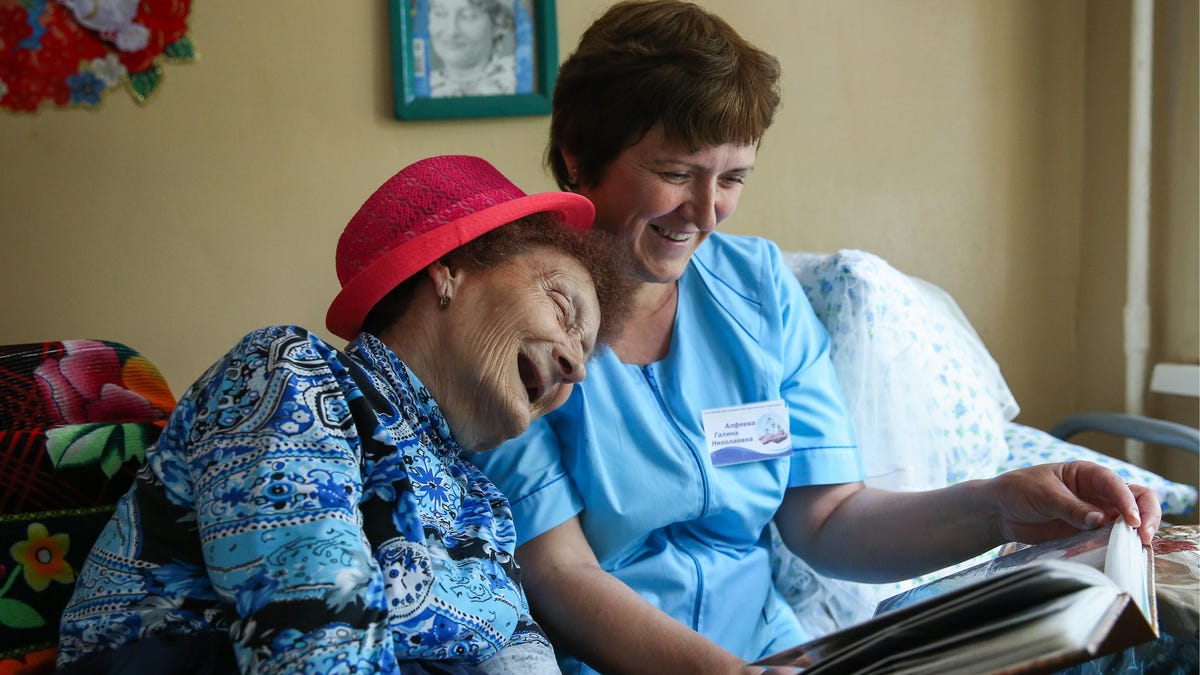There is one thing that is certain in life, we will all die at one point or the other. Some people die of natural death while others pass from accidents and some even consider assisted suicide. So, without further ado, let’s dive into this blog and learn some of the reasons to consider physical-assisted suicide.
1. What is physical-assisted suicide?

It is also known as PAS. It is when a medical professional provides a patient with a prescription for medication, which is often in the form of an oral barbiturate, which is a sedative and gives the patient the information on what a lethal dose would be. It is, of course, with the understanding that the patient possibly intends to use these pills to end their life.
Opting for physical-assisted suicide is not something that you need to take lightly, nor should it be a quick decision, and the decision behind this is often highly personal. According to a Canadian study, which surveyed 112 patients, some of the main reasons why they requested it are:
-
- Fear of future suffering
-
- Illness-related suffering
-
- Loss of ability to participate in enjoyable and meaningful activities
-
- Loss of control and independence
Most of the 112 patients in this Canadian study suffered from either cancer, end-organ failure or neurological diseases. Most than half of the patients reported a loss of control and independence as the primary reason they are considering physical-assisted suicide. Other reasons also include:
-
- Hopeless suffering and prospect of recovery
-
- Loss of physical ability such as walking or speaking
-
- Loss of a sense of purpose
-
- Unacceptable quality of life or inability to enjoy life
2. Legal issues
Whether you like it or not, physical-assisted suicide is legal in certain states, and you need to consult with your medical professional before opting for this. In the United States, this is legal in only 10 states. They are:
-
- Washington
-
- Maine
-
- California
-
- Vermont
-
- Colorado
-
- Oregon
-
- District of Columbia
-
- New Jersey
-
- Hawaii
-
- Montana
Even though PAS is legal in all these states, the procedures that go behind them might be slightly different. For example, in Oregon, according to the Death with Dignity Act, only a person who is terminally ill, who is at least 18 years of age and resides in this state, can request physical-assisted suicide.
Some countries that allow physical-assisted suicide:
-
- Switzerland
-
- Finland
-
- Australia (Victoria and Western Australia)
-
- Netherlands
-
- Belgium
-
- Luxembourg
-
- Canada
-
- India
-
- Columbia
-
- Germany
3. Difference between assisted suicide and euthanasia

Although assisted suicide is sometimes called voluntary or active euthanasia, the two acts are different. Suicide is said to be “assisted” when someone provides the knowledge or means for a person to complete it. For example, assisted suicide includes a physician providing medication to a patient, who then uses the medication to end their life.
Euthanasia, on the other hand, involves someone deliberately acting to cause a person’s death in order to end the person’s suffering; the act itself is the direct cause of death. Euthanasia can be voluntary, involuntary (the person concerned did not give consent), or involuntary (the person concerned could not give consent). A physician administering medication to a person that ends the person’s suffering resulting in death, is an example of euthanasia.
4. Emotional issues
If you are a patient who wants to be assisted in dying, even if the thought only crosses your mind, it is normal and reasonable to involve a therapist, social worker or chaplain who has experience working with people at the end of life.
These experienced professionals are part of most hospice and palliative care programs. They can educate you about the dying process and how to approach it in a natural but dignified, compassionate and comforting way. They can also help you deal with the conflicting feelings you may have and assess the impact of your emotional state on your decision-making.
5. Family issues

A person’s decision to file for PAS will undoubtedly affect their loved ones. For this reason, clinicians often try to encourage meetings with close family members and caregivers (if the patient allows it). These meetings can sometimes help lead to the use of other therapies besides PAS that may alleviate the patient’s suffering. It is possible to formulate, explore, and resolve the primary reason the patient wants a SAP in some cases. For example, some patients may consider PAS because they feel they are a burden to others.
6. Moral/ethical issues.
A physician is not required to provide PAS simply because it is legal in the state in which they practice. Even if a patient asks for physician-assisted suicide and meets the legal criteria, their physician may not force them to do so. They may feel that such action would do more harm than good or that such action is incompatible with his primary role as a healer.
Sound off in the comments section below and tell us what you want to read next and if you want to read more about physician-assisted suicide.







